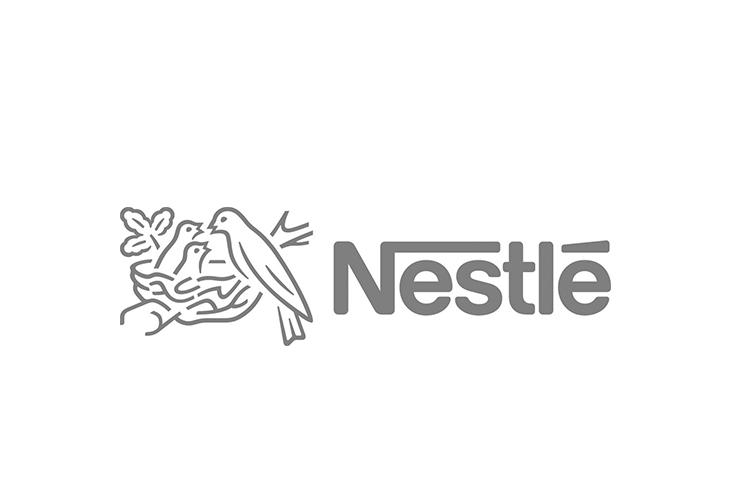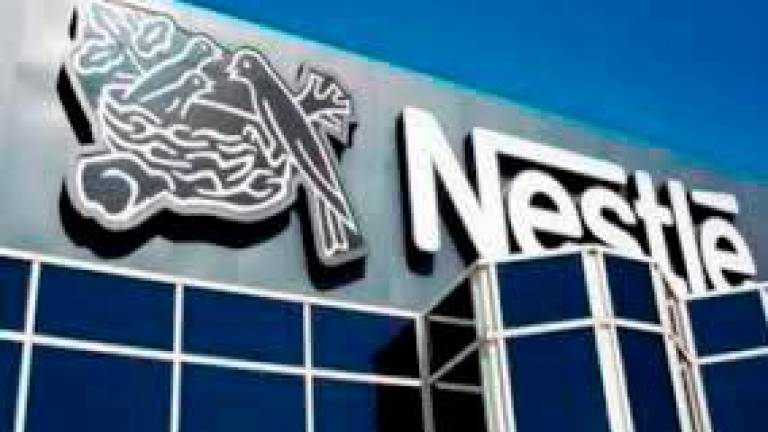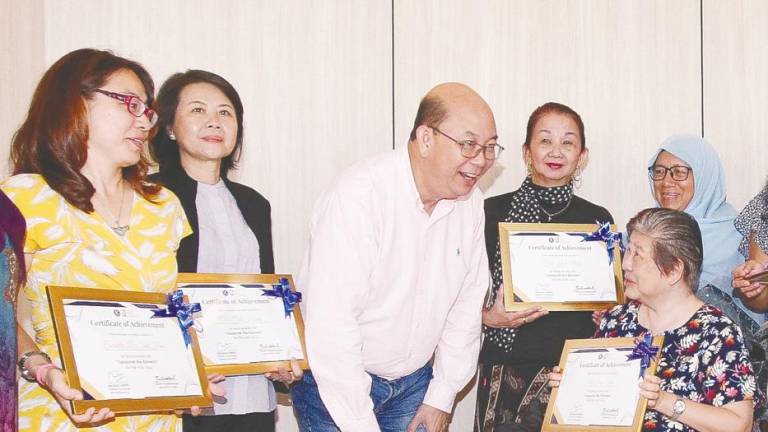PETALING JAYA: Nestlé SA is observing a rising trend in demand for plant-based alternatives, on the back of growing health, animal welfare and sustainability awareness among consumers, including those in Malaysia and the Asean region.
“We see a different level of market development in the US, Western Europe and Asean. So the plant-based products will be an important category market for us,” its global product and technology development head, Thomas Hauser said during a virtual briefing to mark the 40th anniversary of the group’s research & development (R&D) centre in Singapore as well as the launch of an R&D accelerator, yesterday.
He noted that its facilities in Singapore are an important part of the food & beverage (F&B) conglomerate’s global capabilities, enabling Nestle to develop innovative products and technology for Southeast Asia and beyond.
“Our products are tailored to local consumers’ preferences, tastes and nutrition requirements. Our scientists have developed many product innovations regionally and globally, including brands like Milo, Nescafe and Maggi,” said Hauser.
He said Nestle’s strengthened capability in Singapore will allow the company to fast-track its effort to address F&B trends and challenges while continuing to deliver innovation for the next 40 years and beyond.
“Southeast Asia is important for Nestle. We are committed to providing local consumers with safe, tasty, affordable, nutritious and sustainable food.”
Globally, he said, the group has invested 1.6 billion Swiss francs (RM7.4 billion) to strengthen its R&D capabilities to improve its speed, efficacy and efficiency.
Nestle’s executive vice president and CEO for Asia, Oceania and Sub-Saharan Africa, Chris Johnson, highlighted that Asean is the most important region for the zone, accounting for a third of its total sales.
“In the region, we will continue to invest. For example, we recently invested to produce plant-based beverages in the Shah Alam factory in Malaysia,” he said.
Nestle Malaysia Bhd CEO Juan Aranols said the investment in its Shah Alam factory has allowed it to make plant-based alternatives, in keeping up with global trends.
He said the conglomerate’s operations in Malaysia were active in the first half of this year as it had launched the Nescafe dairy-free range as well as the plant-based meal solution, Harvest Gourmet.
“Both of them have received encouraging response from consumers,” said Aranols.
On the outlook for plant-based offerings, Johnson believes they will continue to grow although he could not foresee whether the segment will overtake conventional dairy products in the medium term. “There is always market demand for both segments, and we continue to offer them,” he said.















